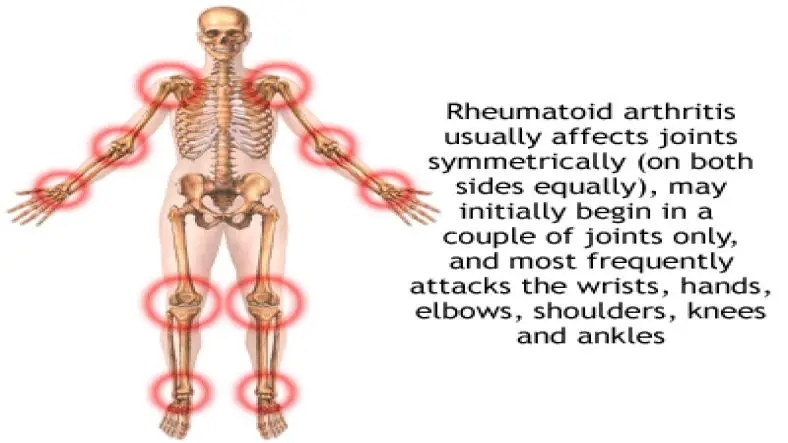Family secrets can range from the benign to the deeply troubling. While some secrets are relatively harmless, others can have profound and lasting impacts on family members.
Here are some examples of deeply troubling family secrets, often considered among the most "messed up":
1. Hidden Abuse:
- When physical, emotional, or sexual abuse is hidden within a family, it creates a toxic environment of fear, mistrust and trauma. Victims often feel isolated and unsupported.
- Long-lasting psychological trauma, strained relationships and potential perpetuation of abuse in future generations.
2. Paternity Secrets:
- Discovering that your biological father is not who you thought he was can lead to a profound identity crisis and feelings of betrayal.
- dentity confusion, family rifts and mistrust among family members.
3. Adoption or Sibling Concealment:
- Keeping adoption a secret or hiding the existence of siblings can cause feelings of betrayal and confusion when the truth is eventually revealed.
- Identity issues, feelings of abandonment or betrayal and disrupted family dynamics.
4. Infidelity and Secret Families:
- Discovering a parent has had an affair or has another family can shatter the trust within the primary family and lead to complex emotional struggles.
- Emotional turmoil, trust issues and potential legal and financial complications.
5. Criminal Activity:
- Finding out that a family member has been involved in criminal activities (e.g., drug dealing, embezzlement) can bring shame and legal troubles to the entire family.
- Legal consequences, social stigma and emotional distress.
6. Mental Health Issues:
- Concealing severe mental health issues can prevent family members from understanding and addressing the needs of the affected individual.
- Untreated mental health conditions, strained relationships and lack of proper support and intervention.
7. Inheritance and Financial Deception:
- Hiding financial troubles, secret debts, or the real terms of an inheritance can cause significant stress and resentment among family members.
- Financial instability, legal battles and family conflict.
8. Historical Lies (e.g., Holocaust, War Crimes):
- Discovering a dark family history, such as involvement in war crimes or atrocities, can deeply affect one's sense of identity and morality.
- Shame, guilt and severe family conflict over historical events.
9. Hidden Health Issues (e.g., Genetic Disorders):
- Not disclosing hereditary health conditions can prevent family members from taking necessary precautions or seeking early treatment.
- Health risks, lack of informed medical decisions and potential mistrust within the family.
10. Addiction Issues:
- Concealing addictions (to drugs, alcohol, gambling) can prevent family members from understanding the underlying issues and seeking appropriate help.
- Relationship strain, financial troubles and potential legal issues.
Why These Secrets Are Particularly Harmful:
- Betrayal of Trust: Discovering such secrets can lead to feelings of deep betrayal and mistrust, which can be difficult to repair.
- Identity Crisis: Many of these secrets can cause individuals to question their sense of self and their place within the family.
- Emotional Trauma: The revelation of dark secrets can lead to significant emotional and psychological distress.
- Interpersonal Conflict: Family secrets often result in conflicts, misunderstandings and strained relationships.
Dealing with Family Secrets:
- Open Communication: Encourage open, honest communication within the family to build trust and understanding.
- Therapy and Counseling: Professional help can provide a safe space to address and work through the emotional impact of family secrets.
- Support Networks: Lean on friends, support groups, or community resources for additional support and guidance.
- Education and Awareness: Understanding the potential impact of these secrets can help in addressing them constructively.
While some family secrets are inevitable, addressing them with sensitivity and support can help mitigate their negative effects and promote healing and reconciliation.
Thanks for reading the article, for more lifestyle related articles read our peoples blog articles.















